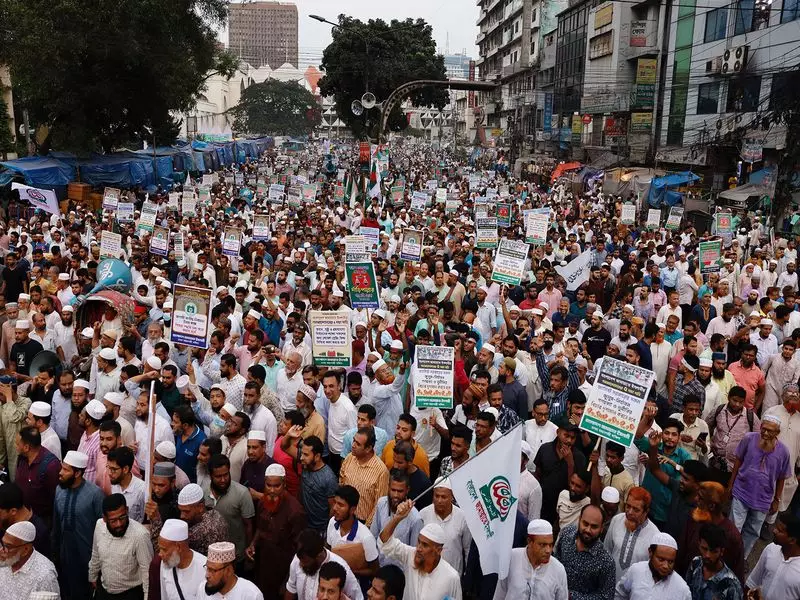
The commencement of Bangladesh's general election campaign has been marred by significant violence and political unrest, with multiple districts witnessing fierce clashes between ruling and opposition factions. The turbulent start to the electoral process has raised serious concerns about the credibility and fairness of the upcoming polls.
Widespread Violence and Clashes
According to police reports and local witnesses, supporters of the ruling Awami League and the main opposition Bangladesh Nationalist Party (BNP) engaged in violent confrontations across several regions. The most severe incidents occurred in Chapainawabganj, where opposition activists allegedly set fire to a covered van and a motorcycle, creating chaos and panic among local residents.
In a particularly disturbing incident in Chattogram, unidentified assailants launched an attack on the motorcade of a local Awami League candidate. The violent assault resulted in the candidate sustaining injuries, highlighting the dangerous environment surrounding the election proceedings.
Transportation Disruption and Public Impact
The political violence has severely impacted public life and transportation networks. Opposition activists have been accused of blocking highways and setting vehicles ablaze, effectively paralyzing movement in affected areas. These disruptions have not only hampered daily commuters but also raised questions about the ability to conduct peaceful election activities.
Political Context and Historical Tensions
The current violence occurs against the backdrop of longstanding political rivalries between Prime Minister Sheikh Hasina's Awami League and the BNP, led by former Prime Minister Khaleda Zia. The opposition's decision to boycott the 2014 elections and their subsequent participation in the 2018 polls has created a complex political landscape that continues to fuel tensions.
International Concerns and Domestic Apprehensions
International observers and human rights organizations have expressed growing concern about the deteriorating political situation in Bangladesh. The recurring pattern of election-related violence threatens not only the democratic process but also the country's stability and economic development.
Local residents and business owners have voiced apprehension about the escalating situation, fearing that the violence could intensify as the election date approaches. Many are calling for immediate intervention to ensure peaceful campaigning and voting processes.
Security Measures and Future Outlook
Authorities have deployed additional security forces in sensitive areas, but the effectiveness of these measures remains uncertain given the scale and spread of the violence. The coming weeks will be crucial in determining whether Bangladesh can conduct free and fair elections or if the nation will descend further into political chaos.






